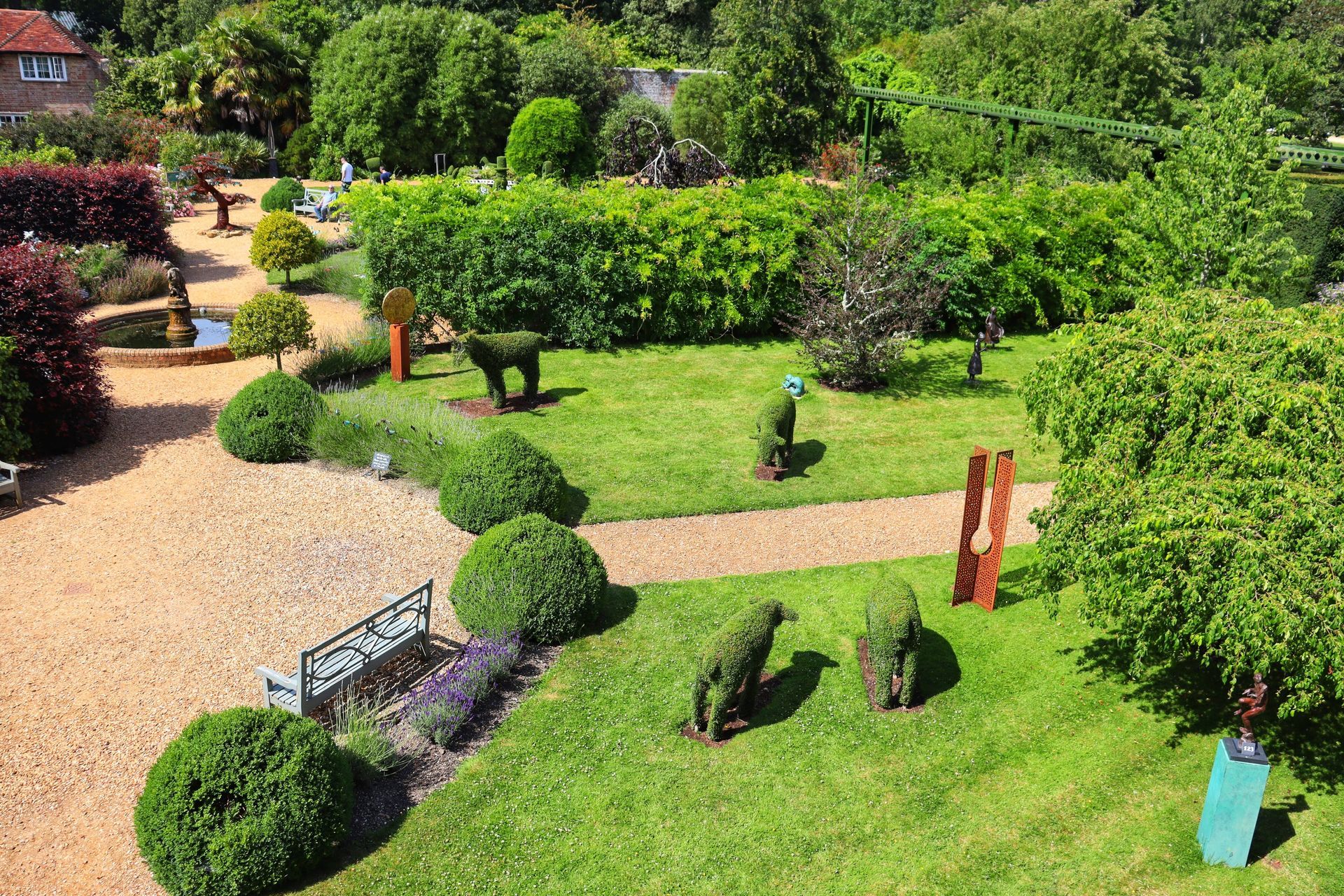Things You Must Know To Be a Good Landscaper
Telephone:
0115-824-4801
Gardening is a rewarding hobby and profession, but to be successful at it one needs to have certain skills and knowledge. In order to be a good garden landscaper, you must have an understanding of plants, soil composition, gardening tools, design principles, and construction techniques.
Plant Knowledge:
Knowing which plants are suitable for your climate zone and how they grow is essential for successful landscaping. You should be familiar with the characteristics of different types of plants; their light requirements, water needs, cold tolerance, growth rate etc. It’s also important to know which plants will thrive together in a given environment so that you can create attractive combinations that will last over time.
Soil Composition:
Understanding the composition of soils is essential for garden landscaping. Different plants will prefer different types of soil and knowing which type of soil to use can make all the difference in a successful landscape design. You should also have a basic understanding of how water drains through different soils, as this can determine where certain plants should be placed.
Gardening Tools:
As a landscaper, you should have knowledge of which tools are best suited for each job and how to use them safely and correctly. This includes everything from hand tools such as rakes, shovels, hoes, shears etc., to power equipment like lawn mowers, trimmers, blowers etc. Knowing when it’s appropriate to use manual or power tools is essential.
Plant Identification:
Identifying different types of plants, flowers, trees and shrubs is important for a landscaper to know. It’s not good enough just being able to recognise the name of a particular plant or flower; you must also know their growing requirements, such as soil type/fertility, sunlight needs, water requirements, etc. Knowing these things will help you create stunning landscapes that are designed with the correct plants in mind.
Problem-Solving Abilities:
As a professional landscaper, you should be prepared to encounter any number of problems on landscape jobs that require quick thinking and problem-solving skills in order to get the job done correctly and efficiently. From dealing with drainage problems to finding solutions for difficult design layouts, or dealing with unexpected complications like roots and rocks, you will need a creative eye in order to tackle any issues that arise.
Understanding of Local Climate:
As a landscaper, it is important to know the local climate and the different types of plants that flourish in those conditions. You must have knowledge of what flowers and plants grow best during certain seasons and how they should be cared for throughout the year. This will ensure your gardens are thriving with beautiful displays throughout all four seasons.
Attention to Detail:
When working on landscaping projects, it’s essential to pay close attention to detail as even small mistakes can ruin costly materials or ruin a landscape design. As a landscaper, you should be willing to go the extra mile and make sure each step of the project is done with precision and accuracy.
Ability to Work With Different Types of People:
Working in landscape design requires working with different types of people—from clients who have specific requests for their garden designs to contractors on the job site. It’s essential that you are able to communicate effectively and calmly when interacting with everyone involved in the project so that it runs smoothly from start to finish.
Local Knowledge of Building Rules & Regulations:
Depending on where you live, there might be different building codes or regulations that need to be followed when it comes to landscaping projects. It’s important to stay up to date on all of the current regulations in your area so that there are no issues when it comes time to get permits or start building.
Ability to Sell Your Ideas:
A big part of a landscape designer’s job is persuading clients to go with their ideas and concepts. You need to be able to effectively sell yourself and explain why your design is the best option for them, taking into account their personal style, budget, and other factors. It’s also important to have good customer service skills so that you can build positive relationships with clients for future work.
Problem-Solving:
As part of the job, you’ll likely come across challenges or problems while working on a project. A good landscape designer needs to stay calm under pressure and figure out creative ways to work around any issues they may encounter in order to get the best results possible.
Attention to Detail:
Landscaping involves many small details like choosing appropriate materials, ensuring proper irrigation systems are installed, carefully placing plants to achieve the desired effect, etc. Being able to pay close attention and make sure everything looks right is an essential skill for a professional landscaper.
Design Skills:
Creating a successful landscape design requires visualising the end result and having an eye for how to best incorporate elements like trees, shrubs, flowers, paving stones, etc. into the space. A good garden designer should have strong aesthetic sensibilities as well as technical know-how of how things can be done most effectively.
Client Management:
Finally, working with clients is an important part of being a landscaper because it’s vital that you understand what they want out of their project and are able to efficiently communicate your ideas in order to get the job done right. Being organised and proactive will help you successfully manage any customer issues or requests that may arise throughout the process. Additionally, remaining cordial and professional at all times is key for developing a positive reputation among your clients, as this will help you land more jobs in the future.
Time Management:
As a garden landscaper, it’s essential to know how to manage your time effectively since there are often many projects with tight deadlines running concurrently. Keeping track of what needs to be done each day and organising tasks into small achievable goals can help ensure that everything gets accomplished without any unnecessary delays or stress. Additionally, having an eye for detail and being able to multi-task while staying focused on the job at hand is also important when managing tight timelines.



